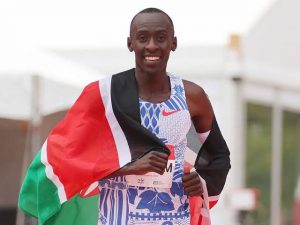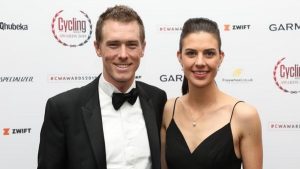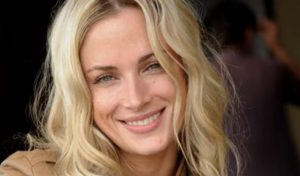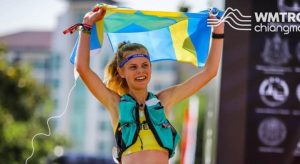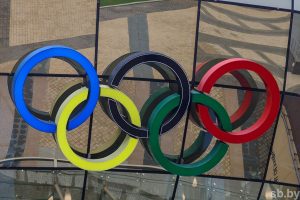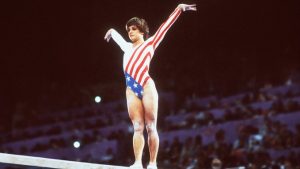Shelly-Ann Fraser-Pryce, the “Pocket Rocket” of Jamaica, bids for a third 100m Olympics gold — 13 years after her first triumph. She is juggling being the fastest woman alive with motherhood.
The 34-year-old sprinter, who stands just 1.52 metres (5 feet) tall, will be up against compatriot Elaine Thompson-Herah and Britain’s 200m world champion Dina Asher-Smith in the Tokyo Olympics.
With one of the favourites, US sprint star Sha’Carri Richardson, ruled out of the 100m in Japan after testing positive for marijuana at the US Olympic trials, Fraser-Pryce will be eyeing the gold and nothing less.
She won her first Olympic 100m titles in Beijing way back in 2008, becoming the first Jamaican to win the event after previous generations of sprinters including Merlene Ottey and Juliet Cuthbert came up short.
She won her first world championships title in 2009 before she was handed a six-month ban the following year after she tested positive for banned substance oxycodene, which she said was as a result of medication for toothache.
Fraser-Pryce retained her 100m Olympic crown in London in 2012 but could only manage a bronze in 2016.
She then took a sabbatical to have a baby but returned in style to win a fourth 100m world title in 2019, also taking gold in the 4x100m relay, which was her ninth world championships gold.
The Jamaican veteran comes to Tokyo in fine fettle after running a personal best of 10.63 seconds in “super spikes” in June to become the second-fastest woman of all time behind late US sprinter Florence Griffith Joyner, who timed 10.49sec.
“(A time of) 10.6 has been a dream, a goal,” she said. “I’ve been working so hard, been so patient and to see it finally unfold, I’m just ecstatic.”
American Carmelita Jeter, whose time of 10.64sec she beat, congratulated Fraser-Pryce on her performance.
“You have come back from having a child and showed the world how talented and driven you are,” Jeter tweeted. “You are officially the fastest women alive. Keep motivating these young queens.”
Tokyo will be Fraser-Pryce’s first Olympics as a mother — she gave birth to her son Zyon in 2017 — and says it has helped her put her life in perspective.
“It doesn’t matter what happens on the field, my biggest accomplishment will always be my son, and being able to come back to competition after having my son is also a big accomplishment,” she told the BBC.
“And giving other female athletes hope of whatever it is you want to do in life, you do not allow anybody to dictate what you do and when you stop. You can keep going.”
Fraser-Pryce grew up in a deprived area of Jamaica’s capital Kingston plagued by gang violence and has spoken about how she did not always have enough to eat.
The sprinter has a degree in child and adolescent development and is passionate about improving children’s lives.
UNICEF Jamaica named her as a goodwill ambassador in 2010, calling her “one of the nation’s most accomplished female athletes and a passionate defender of children’s rights”.
She is involved in charity work in the Caribbean, striving to improve the lives of children through initiatives including her “Pocket Rocket” foundation, which helps young athletes.
Fraser-Pryce has a lot on her plate but nothing will distract her as she strives to make history in Tokyo and match the exploits of fellow Jamaican Usain Bolt, who won three gold medals in the men’s 100m.

